Android's biggest feature is also its biggest flaw
Google either can't or won't ever fix it.

Get the latest news from Android Central, your trusted companion in the world of Android
You are now subscribed
Your newsletter sign-up was successful

One of the web's longest-running tech columns, Android & Chill is your Saturday discussion of Android, Google, and all things tech.
Google says it recognizes that there are issues pairing a Galaxy Watch 8 with the Pixel 10, and sent out a band-aid using the Play Services app to try and fix it. Some say it did, others say it didn't, but that's not what is most important (unless you have an expensive phone and an expensive watch that won't work together).
What matters on a deeper level is the why and the how this happens, and the fact that even if Google wanted to, it probably wouldn't be allowed to fix it.
Understanding Android
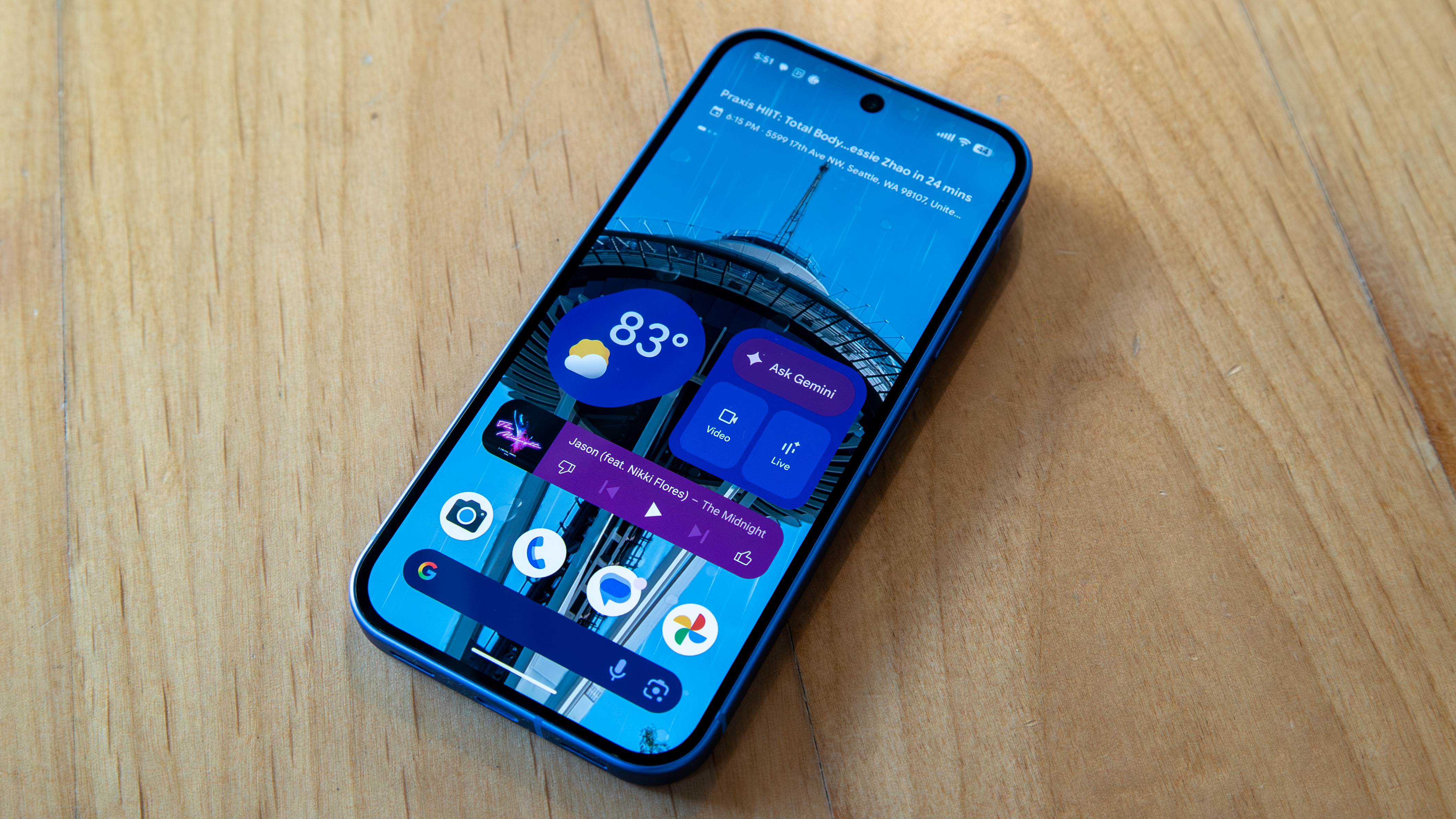
Android is wonderful, but it's also weird and difficult to understand how it is distributed. The easy explanation is that Google has a free version you can do anything with, and a non-free, but not paid version that has some strings attached if you want to use it. But it's a little more nuanced than that.
Google gets (rightfully) accused of having a heavy hand sometimes, but the actual requirements to use the "official" version of Android are pretty lax. Mostly, you need to make sure that all the apps in Google Play designed for your version of Android work. Yes, I know that's not the case and plenty are broken, but that is what these rules are designed to do.
Google can fix this pretty easily, but I'll tell you that none of us wants that to happen. Google tries to exercise control over Android, but in reality, it's kind of a free-for-all where companies making products do anything they can to differentiate themselves. Big companies, like Samsung, can do a much better (or worse, depending on your point of view) job of it.
How Android became "the" thing
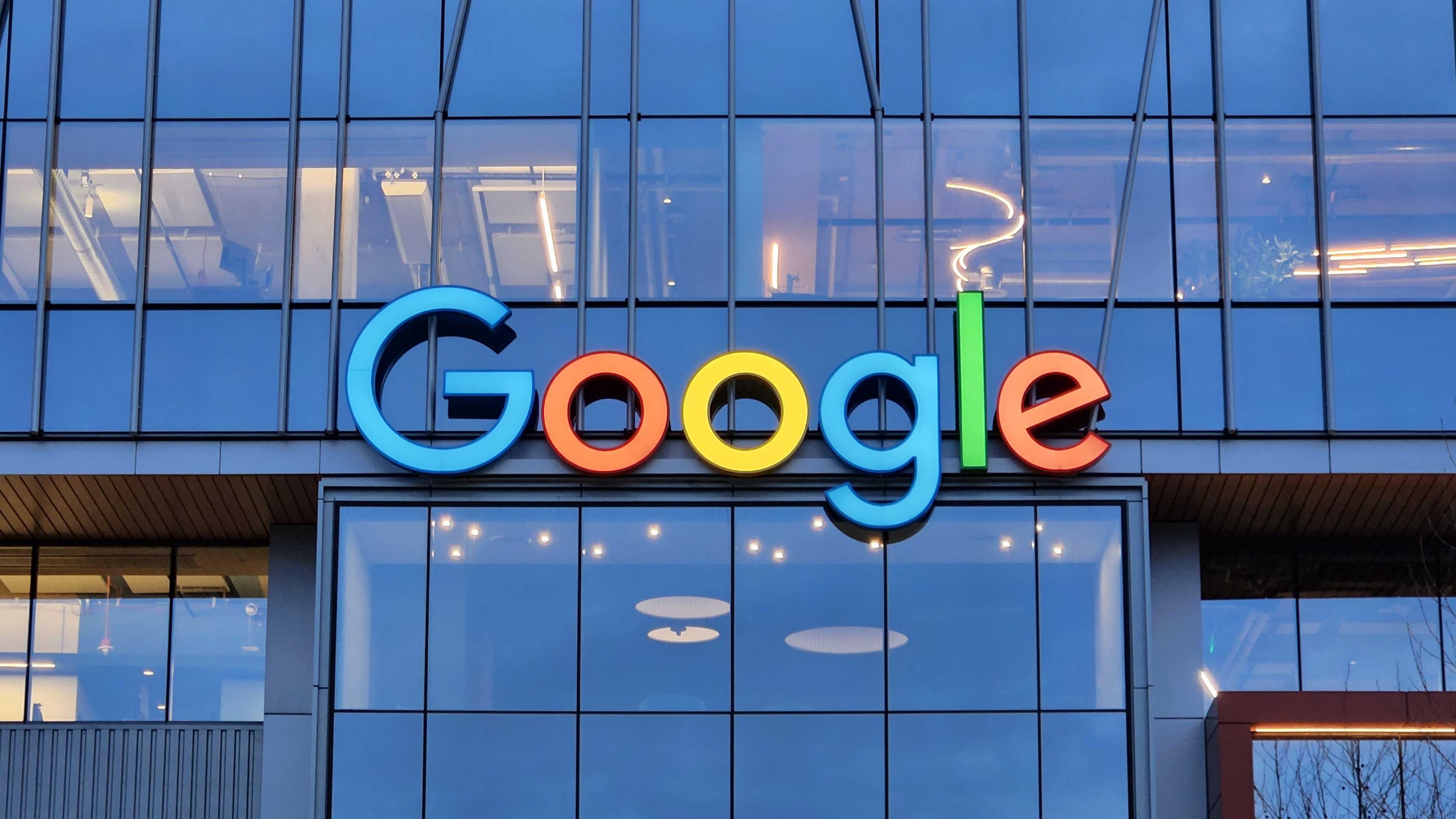
The very reason that this can happen is what made Android what it is in the first place. Letting companies like Samsung or Motorola mostly do their own thing meant they could appease carriers and sell a ton of phones. When you sell a ton of phones, you can make more, and once most phones that are sold use Android, Google is in a unique position.
This has lessened a bit, and many phones are made without much carrier involvement outside of network compatibility, but you'll still find companies making special phones for carriers. Phone makers no longer need to do it, so they are trying to stand out by being unique. We get things like foldables as a result, so I'm not complaining.
Get the latest news from Android Central, your trusted companion in the world of Android
That's a good thing, but it can be a terrible thing that leads to brand-new watches not working with brand-new phones and two companies unable to fix it. By unable, I actually mean unable, not unwilling.
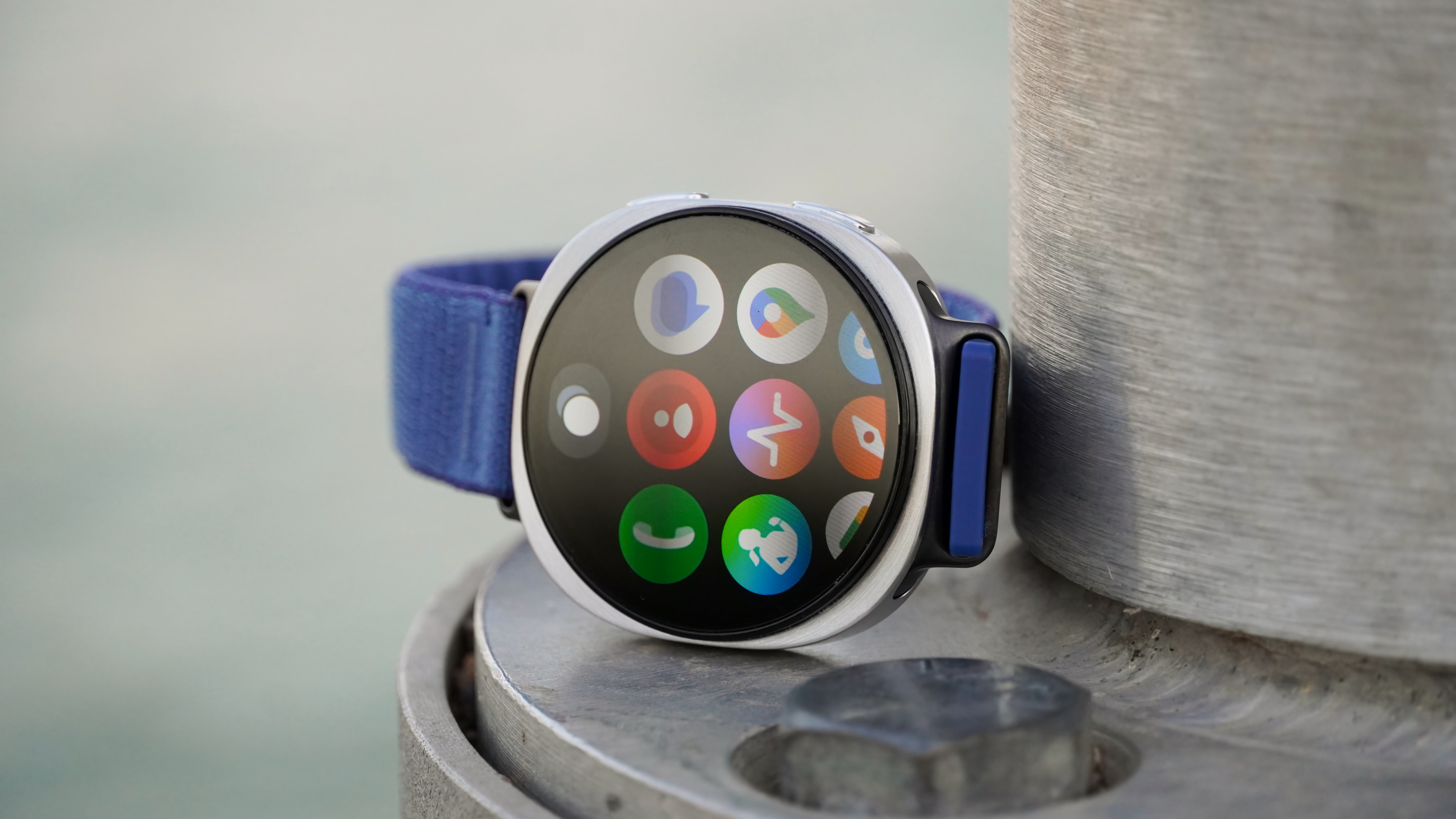
Google wants your new Pixel 10 to work with your new Galaxy Watch 8. Samsung wants the same. Both companies would rather you buy their phone and watch as a set, but they want you to like the product and buy from them the next time because of it. To like it, you'll need it to work.
I'm sure this particular issue isn't unsolvable if Google and Samsung work together, and maybe this time they can fix it for good. But they have to be flexible, follow both the "rules" and the law, and try not to make it worse.
The easy way is the hard way
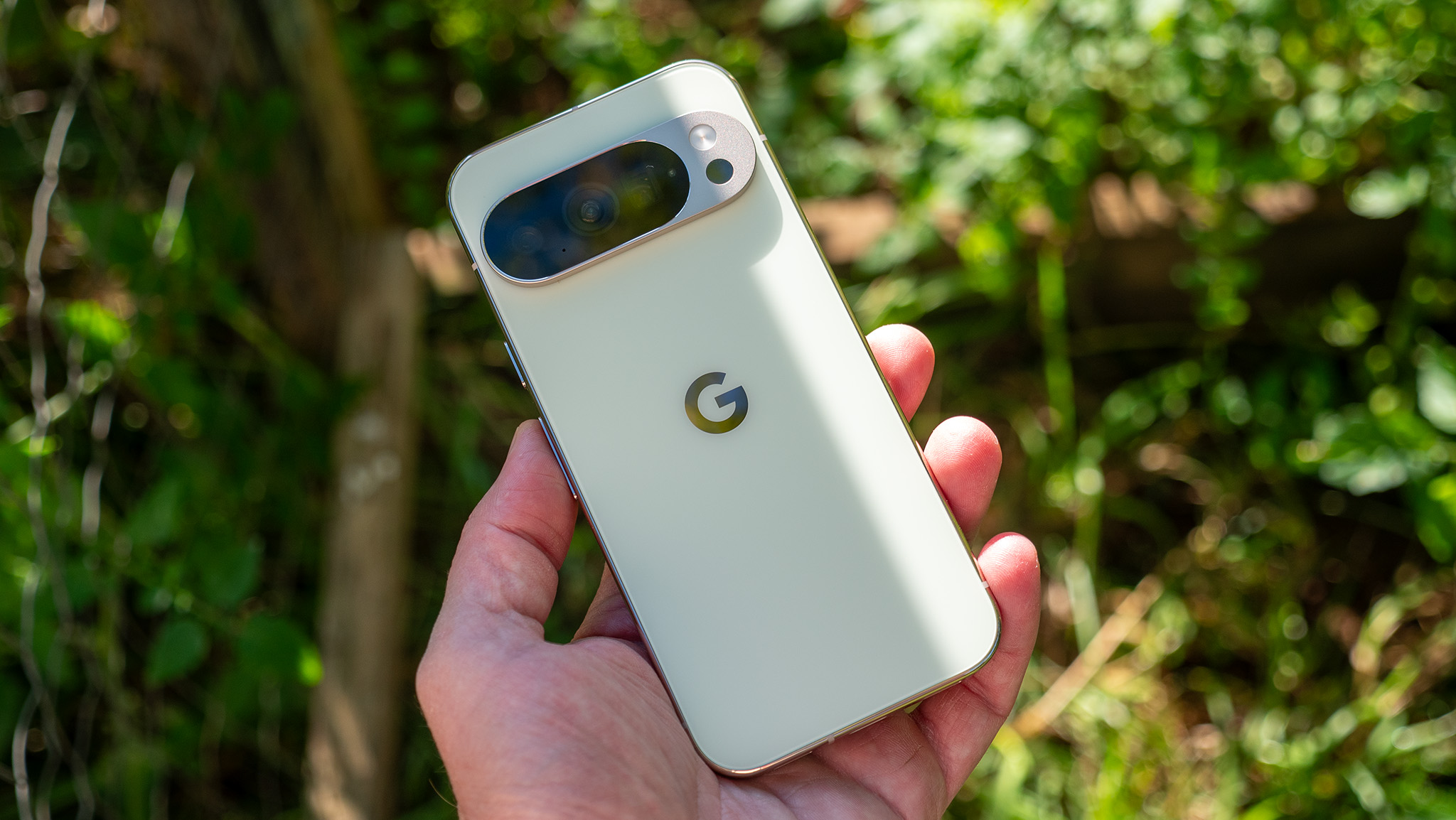
The easiest way to fix this is for Google to say this is what you will do with our software, stop contributing to the free and open-source version of Android, and act like it owns it. It would solve this forever, and everything that says Android on the box would work the way you think it should work once all the bugs are ironed out.
I don't want Google to do this, you shouldn't want Google to do this, and I'm pretty sure the company itself would never want to do this. If Google made rules and forced other companies to follow all of them, things would work together every time. Phones would eventually all be the same, and Android's market share would plummet.
Companies making phones would suffer, too. If your phone has to meet certain minimum requirements, you might not be able to sell it at an affordable price. If every phone costs $1,000, a lot of people would stop buying a new one every year. Phones aren't computers with the luxury of size and space, so what works for Microsoft (and works very well, I think) won't work for a phone.
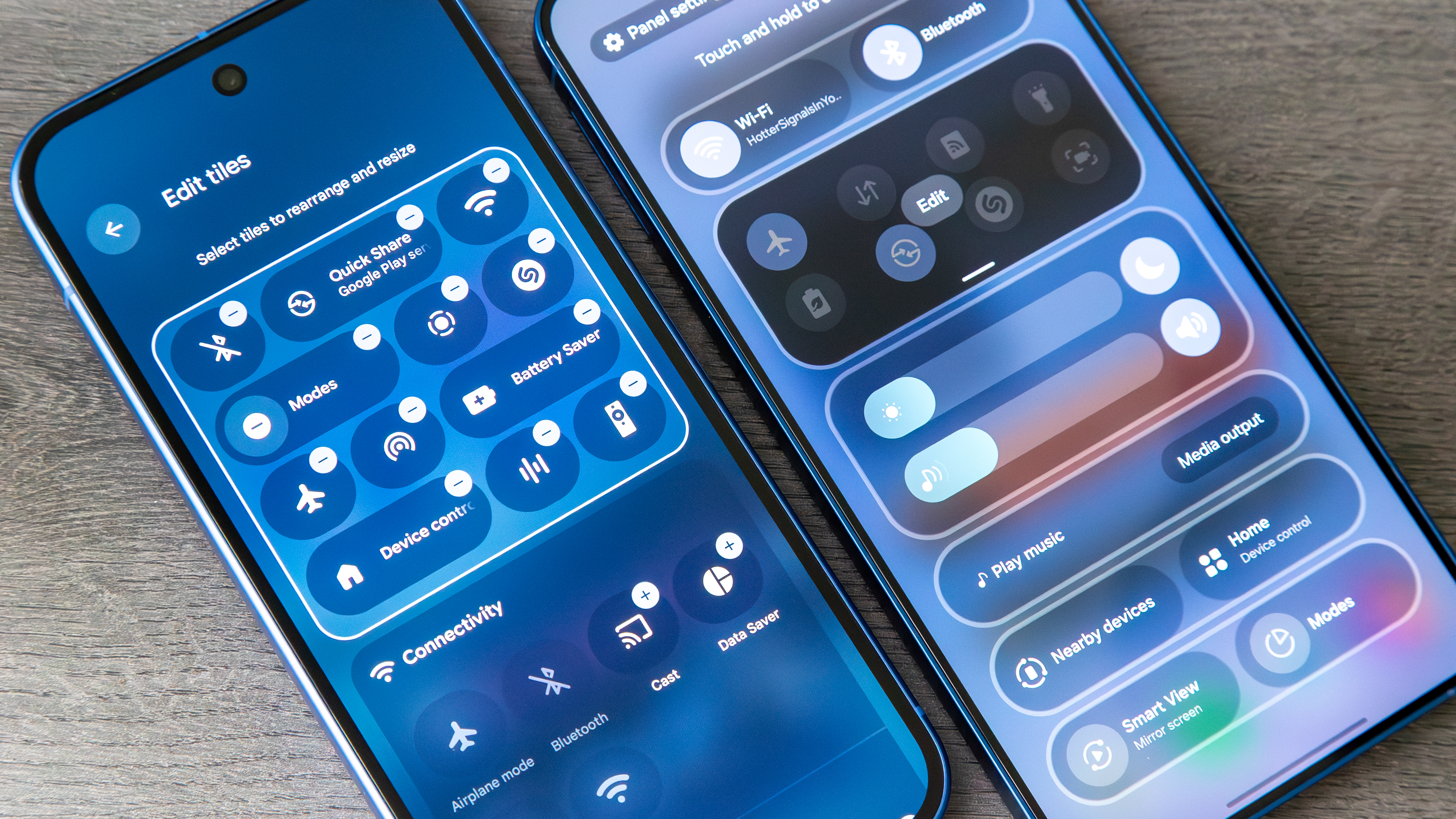
Google probably wouldn't even be allowed to do something this drastic. The company is already considered a monopoly by its home country (agreed), and Google is rightfully under a lot of scrutiny because Android is by far the dominant computing platform in the world. It got there by allowing manufacturers some leeway, so Google shouldn't be allowed to try to walk it back.
Google tries. Samsung tries. I know that they try, and some of the ideas they come up with to alleviate this situation are remarkable, like the aforementioned Play Services app. Yes, they are a bit demanding and controlling, but they are also a compromise that works.
Now that we've reached "peak smartphone" and are waiting for another moonshot idea to change everything, this will get worse. Samsung will do more of its own thing, as will Google. Some of those things will be good enough to be integrated into Android, but others will create new problems. There are some very smart folks ready to tackle them, though.
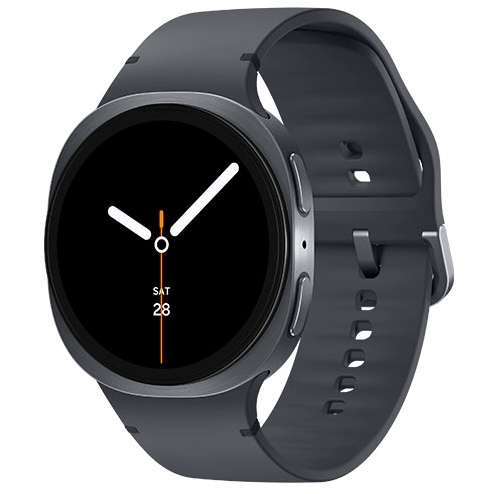
Galaxy on your wrist
The Galaxy Watch 8 hardware hasn't changed much from the Watch 7, but most of the changes are behind the scenes, such as Gemini smarts, health and nutrition tracking, and One UI 8 Watch. However, it appears to be a compelling device with long-term software support.

Jerry is an amateur woodworker and struggling shade tree mechanic. There's nothing he can't take apart, but many things he can't reassemble. You'll find him writing and speaking his loud opinion on Android Central and occasionally on Threads.
You must confirm your public display name before commenting
Please logout and then login again, you will then be prompted to enter your display name.
